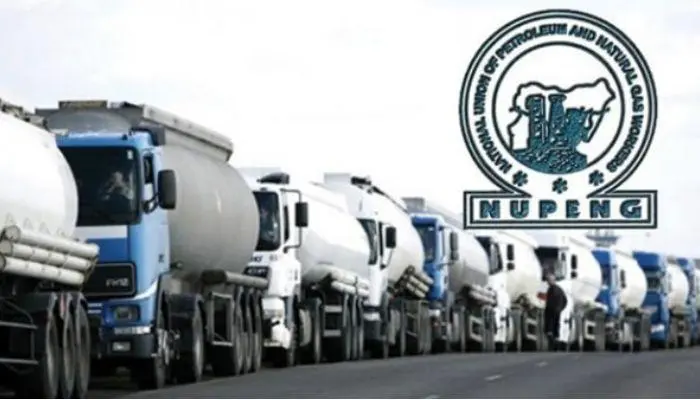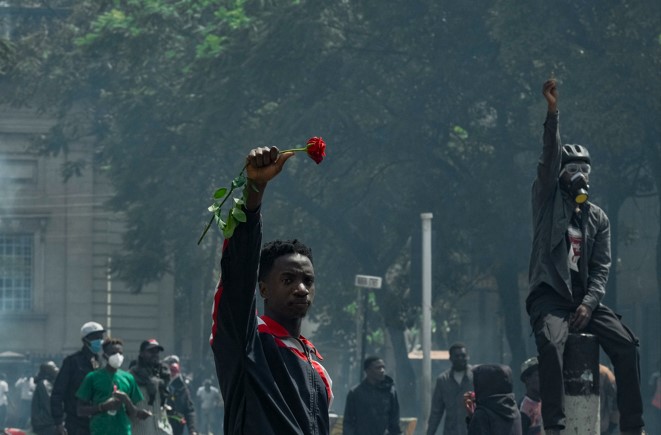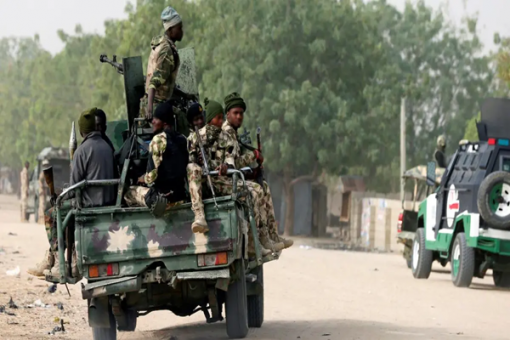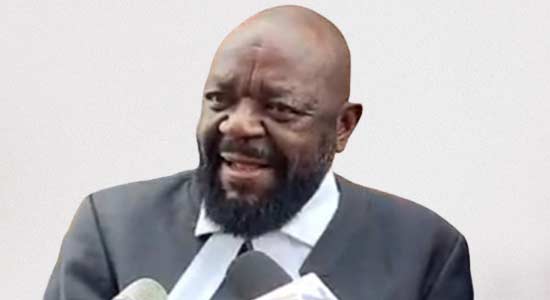The fragile truce between the Nigerian Union of Petroleum and Natural Gas Workers (NUPENG) and the $20bn Dangote Petroleum Refinery has collapsed, raising fears of a nationwide fuel crisis and casting doubt on the Federal Government’s ability to enforce labour agreements.
The dispute stems from allegations by NUPENG that the refinery reneged on a Memorandum of Understanding (MoU) signed on September 9, which affirmed the rights of tanker drivers and other workers to unionise. The agreement was brokered at the Department of State Services (DSS) headquarters in Abuja and witnessed by the Minister of Labour and Employment, Muhammadu Dingyadi, as well as labour leaders and government agencies.
But NUPENG President, Williams Akporeha, accused Sayyu Aliu Dantata, a cousin of Aliko Dangote and key player in the refinery’s trucking operations, of flouting the resolution. Within 48 hours of the MoU, Akporeha alleged, Dantata ordered drivers to remove NUPENG stickers from their vehicles and used security operatives to block union access to the refinery.
“His wealth cannot make him above the law. Security agents should not allow an individual to ride roughshod while ignoring agreements they themselves facilitated,” Akporeha said.
The union has placed members on “red alert” for a possible strike, suspended earlier in the week after the MoU was signed. It also called for solidarity from the Nigeria Labour Congress (NLC), Trade Union Congress (TUC), and civil society groups.
On Thursday evening, NUPENG’s General Secretary, Afolabi Olawale, claimed the refinery planned to deploy towing trucks against union blockades at its gates, prompting members to strengthen their barricades.
Background of the Dispute
The row began after NUPENG accused the refinery of barring drivers of its 4,000 compressed natural gas (CNG) trucks from joining unions. The union described the move as an attack on the constitutional right to freedom of association. The refinery’s CNG scheme, aimed at fuel distribution, is expected to begin operations before year-end.
The initial confrontation escalated into a nationwide strike on September 8, shutting down depots and filling stations. The industrial action was suspended after the MoU was signed.
Reactions from Marketers and Labour Leaders
Fuel marketers, under the Petroleum Products Retail Outlet Owners Association of Nigeria (PETROAN), urged all parties to respect the truce to avoid another disruption. “Attempts to renege on the agreement are not in good taste,” PETROAN President, Billy Gillis-Harry, said.
The NLC described the refinery’s alleged actions as a “gross violation” of the deal. Acting General Secretary Benson Upah told The PUNCH that the Congress would decide on appropriate action. Another NLC official, however, accused the refinery of treating Nigerian institutions with contempt, describing its defiance as “a slap on the nation.”
Government’s Position
The Ministry of Labour said it had not received a formal complaint. Amos Falonipe, Director of Trade Unions, noted: “We haven’t heard anything from NUPENG, and we also haven’t seen any report indicating that Dangote is reneging. If there are any, we would invite them to find out what happened.”
Analysts warn that the government’s credibility is at stake, as failure to enforce its own brokered deal could undermine industrial peace nationwide.
Dangote Refinery Responds
In a statement dated September 11, the refinery dismissed NUPENG’s allegations as “wholly inaccurate.” It stressed that union membership remains a voluntary right and denied coercing drivers to renounce affiliation.
Dangote said its CNG truck initiative would create more than 60,000 direct jobs with pay and benefits above national standards. It also rejected accusations of monopoly, citing over 30 refinery licences issued to other investors.
“Assertions that drivers are compelled to waive union rights are categorically false. Allegations of suppression are unfounded and appear aimed at discrediting private sector progress,” the refinery stated.
Read Also;
Fuel Scarcity Hits Calabar as Filling Stations Shut Down Over NUPENG Strike
Dangote Refinery Dismisses Petrol Shortage Fears Amid Tanker Drivers’ Strike
What’s Next
NUPENG has warned that unless the refinery complies with the MoU, it may resume industrial action on September 15 — a move that could cripple fuel supply, trigger scarcity, and push up pump prices.
Observers say the standoff is no longer just a union-employer row but a test of Nigeria’s labour laws, the government’s enforcement capacity, and the power dynamics between organised labour and private conglomerates.
For ordinary Nigerians, however, the pressing concern is clear: whether fuel queues will return to filling stations.




